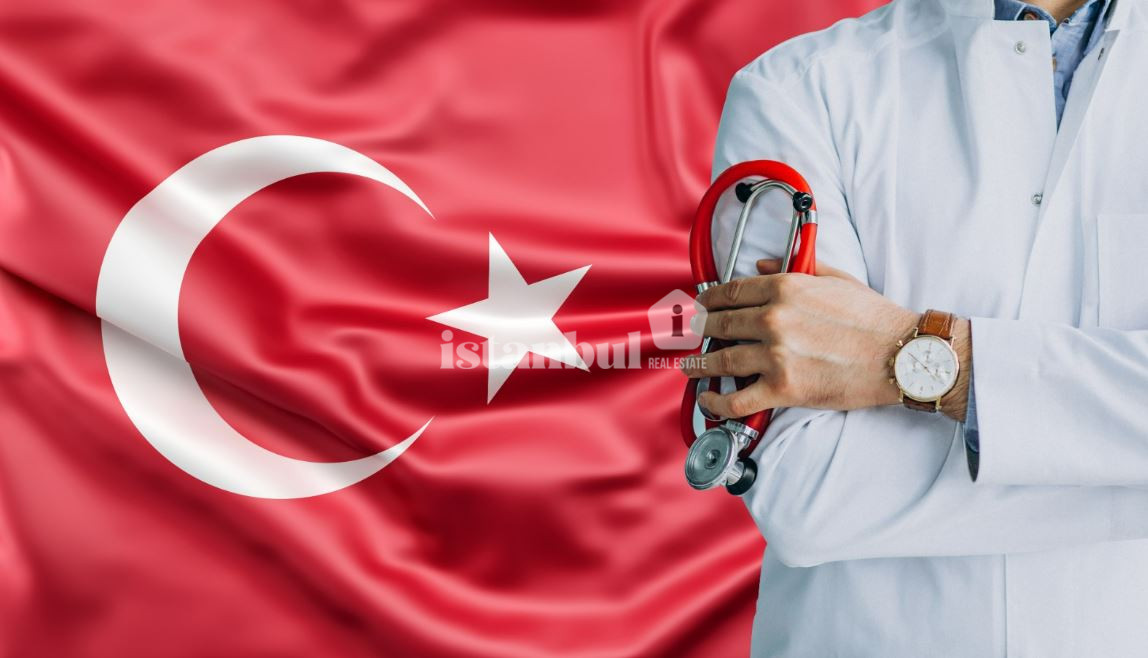
- 6 July 2024
A Guide About Education and Healthcare Services in Turkey
A Guide About Education and Healthcare Services in Turkey
Turkey has become an increasingly popular destination for expatriates, offering a unique blend of rich cultural heritage, modern amenities, and a relatively affordable cost of living. For foreigners considering a move to Turkey, understanding the country’s education and healthcare systems is crucial. This guide provides an overview of what you need to know about education and healthcare services in Turkey.
Education in Turkey

1. Overview of the Education System
The Turkish education system is divided into several stages:
- Pre-primary education: For children aged 3-6 years, though not compulsory.
- Primary education: Compulsory and free for children aged 6-14 years, covering grades 1-8.
- Secondary education: Also compulsory, includes high school education for students aged 14-18 years.
- Higher education: Offered by universities and includes undergraduate, graduate, and postgraduate studies.
2. Public vs. Private Schools
- Public Schools: Free of charge and follow the national curriculum set by the Ministry of National Education (MEB). The medium of instruction is Turkish, although foreign language classes are included in the curriculum.
- Private Schools: Offer a wider range of curricula, including international programs such as the International Baccalaureate (IB). English or other foreign languages are often used as the medium of instruction. Fees can vary significantly depending on the institution.
3. International Schools
For expatriates, international schools are a popular choice. These schools offer curricula from their home countries (e.g., British, American, French) and often have a multicultural student body. They are mainly located in major cities like Istanbul, Ankara, and Izmir.
4. Higher Education
Turkey is home to several prestigious universities, some of which are internationally recognized. Many universities offer programs in English, especially at the postgraduate level. Admission requirements vary, but international students are typically required to pass an entrance examination or provide standardized test scores (e.g., SAT, GRE).
Healthcare in Turkey

1. Overview of the Healthcare System
Turkey has a robust healthcare system that includes both public and private providers. The Ministry of Health (Sağlık Bakanlığı) oversees the healthcare services, ensuring a high standard of care.
2. Public Healthcare
- Universal Healthcare: Turkey offers universal healthcare coverage through the Social Security Institution (SGK). Residents who contribute to the SGK system through employment are entitled to free or subsidized healthcare services.
- Public Hospitals: Public hospitals provide a wide range of services, including emergency care, surgeries, and specialist consultations. While the quality of care is generally good, waiting times can be long.
3. Private Healthcare
- Private Hospitals and Clinics: Private healthcare facilities are prevalent, especially in major cities. These facilities often provide faster service, shorter waiting times, and more personalized care. Many private hospitals are accredited by international organizations.
- Health Insurance: Expatriates are advised to obtain private health insurance to cover the cost of private healthcare services. Some employers offer private health insurance as part of their benefits package.
4. Pharmacies and Medications
Pharmacies (eczane) are widely available and well-stocked with both prescription and over-the-counter medications. Pharmacists in Turkey are highly knowledgeable and can provide advice on minor health issues. Prescription medications require a doctor’s prescription, but many common medications are available over the counter.
5. Emergency Services
Emergency medical services (EMS) in Turkey are efficient and can be accessed by dialing 112. Public and private hospitals have emergency departments equipped to handle various medical emergencies.
Tips for Foreigners
- Language Barrier: While many healthcare providers and educational institutions have English-speaking staff, learning some basic Turkish can greatly enhance your experience.
- Documentation: Ensure that all necessary documents, such as health insurance, residence permits, and educational certificates, are in order before your move.
- Cultural Adaptation: Embrace the local culture and customs to integrate more smoothly into Turkish society.
